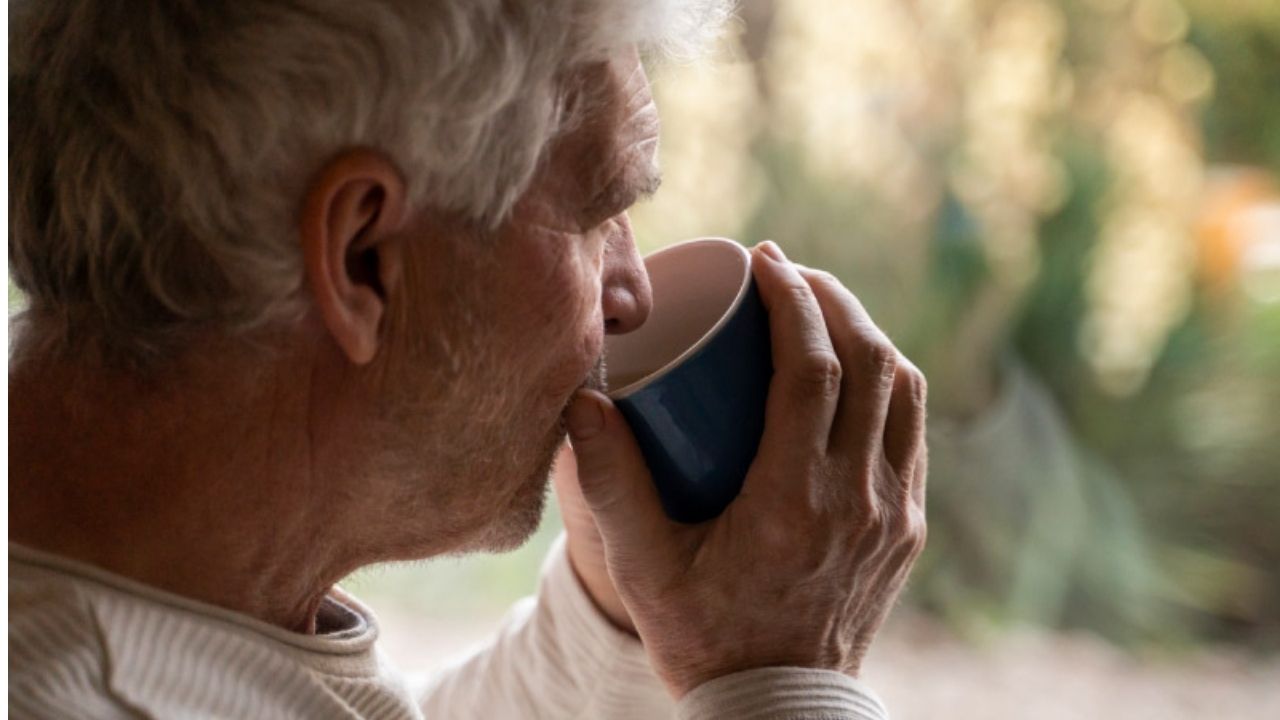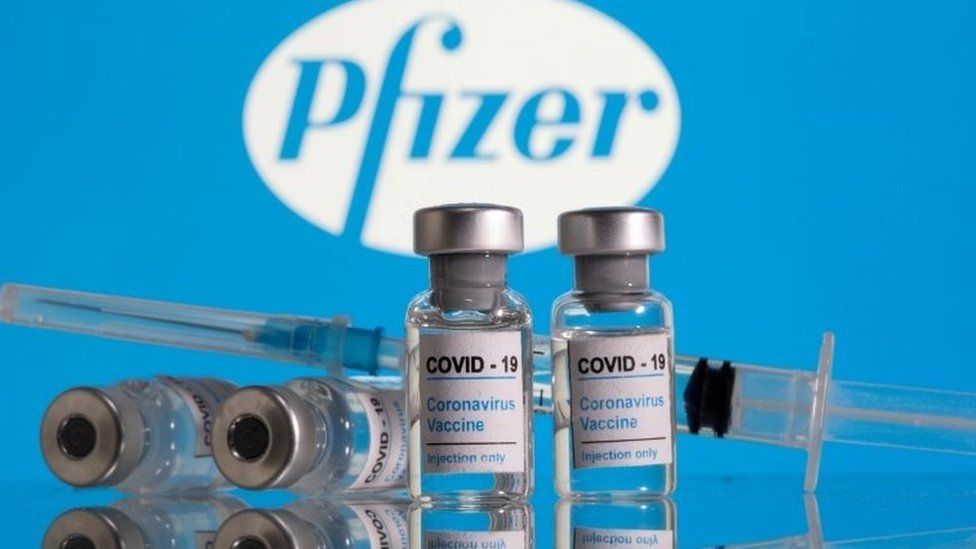In the modern world, our nights have transformed. Instead of embracing darkness and relaxation, we bask in the blue glow of our screens. Social media, streaming platforms, and endless scrolling have quietly stolen what was once a sacred part of our lives, our sleep. But the real question is, how serious is this digital intrusion? Recent studies have confirmed what many of us suspected, our screen habits before bed are significantly harming our sleep cycles, leading to chronic fatigue, insomnia, and long-term health risks.
A large-scale study conducted on Norwegian college students has shed light on the extent of screen addiction’s impact on sleep. With a sample size of 45,654 full-time students between the ages of 18 and 28, researchers meticulously analyzed bedtime screen usage, types of digital engagement, and resulting sleep disturbances. The results were shocking, for every extra hour of screen exposure at night, participants lost an average of 24 minutes of sleep.
The study divided participants into three categories:
Group 1: Individuals who used only social media before bed.
Group 2: Those who combined social media with other screen-based activities.
Group 3: Participants who refrained from social media but engaged in other screen-based activities.
Interestingly, it wasn’t just social media that impacted sleep all forms of screen usage were found to have a negative effect on sleep quality. The more time spent on screens, the worse the sleep patterns became, leading to later bedtimes, increased sleep latency, nighttime awakenings, and daytime exhaustion.
The findings revealed a clear trend that for every additional hour of screen use before sleep, the risk of insomnia increased by 59%.
Sleep loss might seem like an occasional inconvenience, but when compounded over time, it leads to serious health risks, including:
Weakened immune system
Increased risk of heart disease and diabetes
Cognitive decline and memory impairment
Higher susceptibility to anxiety and depression
Poor academic and work performance
A surprising aspect of the study was the comparison between social media usage and other screen-based activities. Contrary to popular belief, social media alone was not the worst offender. Participants who used only social media reported fewer insomnia symptoms and longer sleep durations compared to those who engaged in other screen activities.
This suggests that activities like binge-watching TV shows, gaming, or reading on digital screens might be just as harmful if not more than simply scrolling through social media.
Why does screen time before bed wreak such havoc on our sleep? The reasons are both physiological and psychological:
1. Blue Light Suppression of Melatonin: Screens emit blue light, which interferes with melatonin production, the hormone responsible for regulating sleep. When melatonin levels drop, our body struggles to recognize when it’s time to sleep, leading to delayed bedtimes and fragmented rest.
2. Mental Overstimulation: Unlike traditional bedtime activities like reading a book, digital content is designed to be engaging, fast-paced, and often addictive. Whether it’s an intense Netflix series or an endless scroll of viral videos, our brains remain active, making it difficult to transition into a restful state.
3. Dopamine Addiction and Sleep Delays: Social media and other screen activities stimulate the release of dopamine, a neurotransmitter associated with pleasure and reward. The anticipation of new content or notifications keeps us hooked, often leading to prolonged screen time despite feeling tired.
4. Increased Anxiety and Stress: Engaging with digital content especially social media can lead to emotional and cognitive arousal. Whether it’s scrolling news updates, comparing lives with influencers, or responding to messages, our minds stay preoccupied, making it harder to wind down for sleep.
While the statistics may seem discouraging, there are proven ways to minimize digital interference and improve sleep quality. Here’s how:
1. Follow the 60-Minute Rule: Avoid screens for at least 60 minutes before bedtime. Replace digital habits with calming activities like reading a physical book, meditating, or listening to soothing music.
2. Use Night Mode or Blue Light Filters: Most smartphones and devices now offer a night mode or blue light filter that reduces melatonin-disrupting blue light emissions. Enable these features in the evening to minimize harm.
3. The 20-20-20 Rule: If you must use screens at night, follow the 20-20-20 rule, every 20 minutes, look away from your screen at an object 20 feet away for at least 20 seconds. This reduces eye strain and minimizes digital fatigue.
4. Invest in Screen-Free Activities: Find alternative pre-sleep activities that don’t involve screens. Consider:
Journaling
Gentle stretching or yoga
Herbal tea and deep breathing exercises
Listening to audiobooks or calming podcasts
Set App Timers and Use ‘Do Not Disturb’ Mode
Most smartphones allow users to set app limits or do-not-disturb schedules. Restrict access to social media and entertainment apps an hour before bed to encourage healthier nighttime habits.
6. A bedroom should be a sanctuary for rest. Optimize your space by:
Eliminating screens from the bedroom
Using blackout curtains to block light
Keeping the room cool and quiet
Investing in a high-quality mattress and pillows
With sleep disorders on the rise, it’s crucial to take preventative measures now rather than dealing with long-term consequences later. The digital world isn’t going anywhere, but we have the power to create boundaries that protect our well-being.
Our dependence on screens may seem harmless, but when they start stealing our sleep, they also steal our health, productivity, and quality of life.
The allure of screens is undeniable. From social media to binge-worthy shows, digital entertainment has become an integral part of our daily lives. However, our bedtime habits have consequences. The evidence is clear that nighttime screen exposure leads to sleep loss, increased risk of insomnia, and long-term health complications.
The good news? We have control over our digital consumption. By implementing screen-free bedtime routines, reducing blue light exposure, and prioritizing sleep hygiene, we can reclaim the restful nights we deserve.
It’s time to recognize screens for what they are, a thief of sleep and a disruptor of well-being. The question is, will we continue to let them rob us, or will we take action to restore our nights to what they were meant to be? The choice is ours.
.jpeg)
 By implementing screen-free bedtime routines, reducing blue light exposure, and prioritizing sleep hygiene, we can reclaim the restful nights we deserve.
By implementing screen-free bedtime routines, reducing blue light exposure, and prioritizing sleep hygiene, we can reclaim the restful nights we deserve.




















.jpeg)


.jpeg)



.jpeg)
.jpeg)











